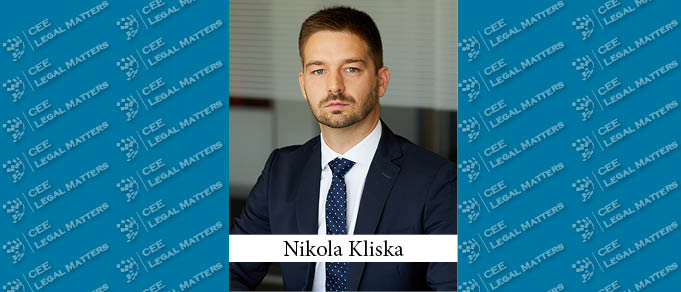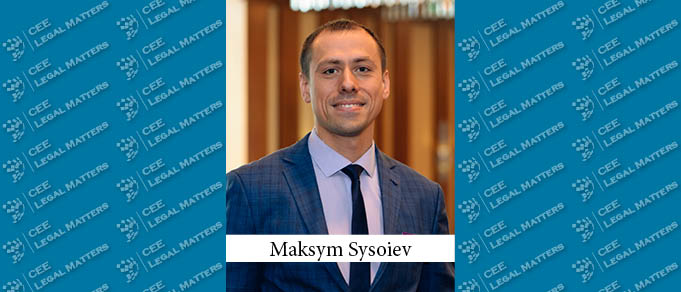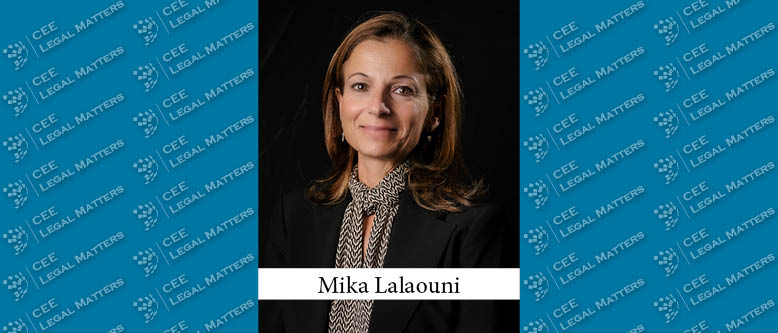As a preliminary overview, as of January 2023, applications for cancellation on absolute and relative grounds, as well as for revocation due to non-use of national trademarks and international trademarks designating Romania, can be brought before the Romanian State Office for Inventions and Trademarks (the “IPO”).
Copyright: A Ghostwriting Case Settled Fairly
In a recent legal resolution, an author, a mechanical engineer employed to oversee the printing machinery at a prominent publishing house, found himself at the heart of an unexpected ghostwriting controversy.
RES Producers Shall Renew Contracts with the Guaranteed Buyer
On 26 July 2024, the National Energy and Utilities Regulatory Commission (NEURC) adopted Resolution 1381, amending key provisions of the following agreements:
Latest Aviation Trends and General Overview of Aviation Regulation in Lithuania
Although Lithuania no longer has a national airline, charter companies are popular in the market, especially during holiday periods. Although the Lithuanian aviation industry was heavily affected by the COVID-19 pandemic, no charter company has gone bankrupt. In fact, just recently in spring 2024, one charter company undergoing restructuring finished restructuring procedures earlier than planned and successfully continues its operations from Lithuania.
Ukrainian Government Approves Contest to Construct 700 MW of High Maneuverable Generation
On August 13, 2024, the CMU adopted Resolution N 756-р On some issues related to the contest for the construction of generating capacity and the implementation of demand-side management measures (the “Contest Conditions Resolution”) setting forth the following conditions for the construction of generating capacity:
Challenges in the Classification of Goods in Trade Transactions
When importing goods from third countries into the European Union (EU), you must adhere to EU and national laws regarding importing, declaring, and applying customs duties (such as import duty, value-added tax, and excise duty on certain products).
Current Trends and Challenges in Slovenia’s Real Estate Market
In recent months, Slovenia’s real estate market has experienced significant shifts driven by economic, technological, and regulatory factors, with more changes expected.
Will New Slovenian Legislation Finally Provide Effective Judicial Protection to Former Holders of Qualified Liabilities of Banks?
On June 15, 2024, the long-awaited Act on the Judicial Protection Procedure for Former Holders of Qualified Liabilities of Banks (ZPSVIKOB 1) entered into force in the Republic of Slovenia.
A Promising Future for PE and VC Funding in Slovenia
Slovenia’s economy has demonstrated resilience and adaptability, with a projected GDP growth rate of 2.3% in 2024, up from 1.6% the previous year. Inflation has stabilized at around 2.8%, and unemployment is at a historically low rate of 3.7%.
Navigating the Revival: The New Era of Real Estate Law in Greece
Following a prolonged financial crisis, Greece’s economic recovery has significantly progressed in recent years, leading to a resurgence in the real estate market. This revival is not just a mere uptick but a significant surge, evident in rising property prices, increased transaction volumes, and growing interest from foreign investors. Prominent areas such as Athens and Thessaloniki and popular islands like Crete, Mykonos, and Santorini have experienced a substantial increase in real estate activity.
The Energy Market in Greece: Legislative Developments and Challenges
The energy market in Greece is undergoing dynamic changes and challenges. The country is trying to adapt to the requirements of the energy transition by focusing on the development of renewable energy sources (RES) and enhancing its energy independence. At the same time, legislative developments and initiatives aim to address existing challenges and promote sustainable solutions.
Navigating the Corporate and M&A Landscape in Greece: ESG Due Diligence in Focus for Sustainable Deal-Making
Despite a slowdown experienced in the Greek M&A sector in 2023, primarily attributed to factors such as inflation, increased interest rates, pervasive geopolitical instabilities, and diverging valuation perspectives between sellers and buyers, the ongoing year of 2024 has seen a notable upsurge in transaction activity. This upward trend underscores the robustness and resilience of the market, which is not only recovering but is also attracting heightened attention from international investors.
Czech Law Opens the Door to Class Actions
On 1 July 2024, the long-awaited Act on Collective Civil Proceedings (the Class Actions Act) entered into force, allowing consumers and small entrepreneurs to pursue their claims in court together through a class action.
Personal Data Regime Compliance for AI Systems: How the Law on Personal Data Protection Impacts Development and Deployment of Artificial Intelligence in the Republic of Moldova
The Law on Personal Data Protection (LPDP) significantly influences the development and deployment of Artificial Intelligence (AI) systems in the Republic of Moldova. As companies increasingly adopt AI technologies, awareness and understanding of LPDP requirements application is crucial to ensure compliance and protect the rights of individuals.
Austria: Blood, Tissue, Cells and More – New EU Regulation on Substances of Human Origin
In Austria, almost 1,000 units of stored blood are needed every day; in Germany, it is around 15,000 units. Blood is an important emergency medication in the event of accidents, childbirth, surgeries or serious illnesses. It has a shelf life of only 42 days and cannot be produced artificially.
Legal Regulations Regarding the Status of Freelancers
Although not recognized in domestic legislation for a long time, freelancers finally saw a resolution to their long-standing battle for legal recognition of their status by the end of 2022. Amendments to the Law on Personal Income Tax (“Law”), which followed months of protests and negotiations with relevant authorities, officially established and regulated the status of this category of workers. This legal framework now clearly defines their rights and obligations in a transparent manner.
Harmonisation of Serbian Law on Payment Services with PSD2
The Parliament of the Republic of Serbia recently adopted amendments to the Law on Payment Services (“Law”) that will start to apply from 6 May 2025 (“Amendments”). By the Amendments, the Law is harmonised with the EU’s PSD2. The key goal of the Amendments is the enhancement of innovations on the market and securing increased competition and transparency in the area of payment services, as well as better protection of payment services users and payment security. Below we provide an overview of the main novelties brought by the Amendments.
Ukraine: Development of a Public-Private Partnership During Wartime
The use of PPP mechanisms in Ukraine is not common and has been only recently gaining momentum. Even though the Law on Concessions was adopted back in 1999 and the Law on Public-Private Partnership in 2010, these instruments have long been underestimated.






























